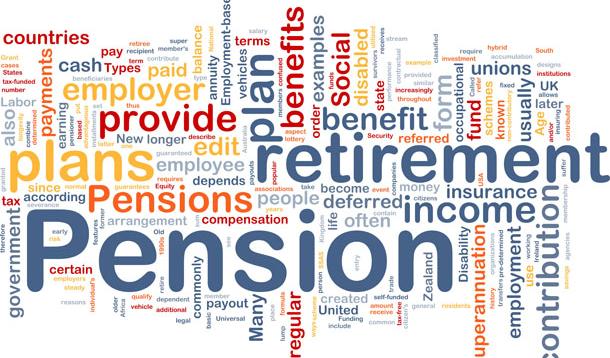While almost everyone looks forward to retirement and an end to the day-to-day demands of working life, there’s also no question but that the decision to give up a regular paycheque is a stressful one. Particularly when the cost of life’s necessities – especially food and housing – seem to be continually increasing, individuals wanting to retire have to wonder whether they can actually afford to do so, or whether it would be foolhardy, in the current economic realities, to walk away from a reliable regular paycheque.
Retirement Archives - Akler Browning LLP
While almost everyone looks forward to retirement and an end to the day-to-day demands of working life, there’s also no question but that the decision to give up a regular paycheque is a stressful one.
There are a number of income sources available to Canadians in retirement.
The majority of Canadians who are not members of an employer-sponsored defined benefit registered pension plan save for retirement through a registered retirement savings plan (RRSP). For those Canadians who have accumulated retirement savings in an RRSP, the year in which they turn 71 is decision time.
The year 2020 has been one of significant personal and economic dislocation for Canadians. The ongoing pandemic and the resulting impact to everyone’s way of life has led many to reassess their current circumstances and, often, to make changes. For older Canadians, one of those changes is likely to be consideration of whether it makes sense to accelerate retirement plans.
Most Canadians expend a considerable amount of time and effort in order to put money aside for retirement. Especially in an era in which the majority of workers can’t look forward to receiving an employer-sponsored pension plan, Canadians are well aware that the bulk of their income during retirement will have to come from government sources and from their own savings efforts.


